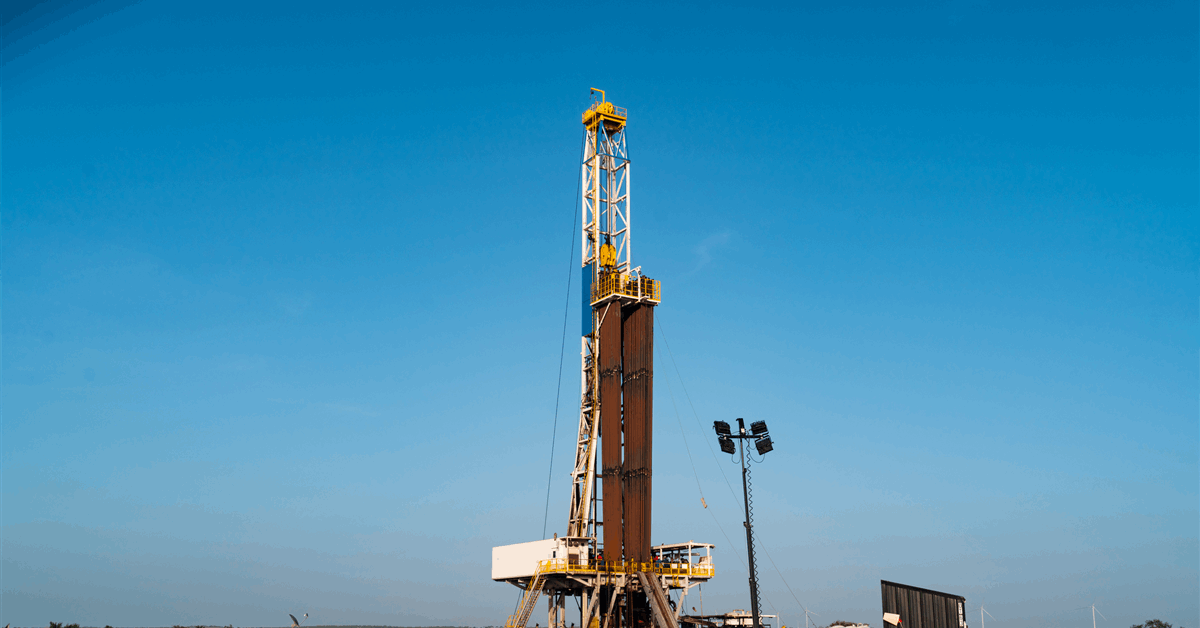
If Russia loses its streams of revenue from selling its gas and oil to third countries, then it will have a severe impact on the Russian economy.
That’s what Olga Tokariuk, a fellow with the Democratic Resilience Program at the Center for European Policy Analysis (CEPA), said in an exclusive CEPA press briefing held Thursday, which Rigzone was invited to.
“The threat of secondary sanctions has been particularly successful, so Putin would like to avoid that at any cost,” Tokariuk said in the briefing.
“However … there are a lot of questions about … any kind of credibility of agreements with Russia, like how reliable are … Russian promises to stick to agreements of a ceasefire or anything else that might be discussed and put on paper at the meeting in Alaska,” Tokariuk added.
“Most likely … Putin and the Russian regime will try to create an impression that … they are participating in the negotiations, that they are sticking to some kind of agreements and deals that are being discussed, but they do not seem to have any intention of actually stopping the war,” Tokariuk warned.
“They would kind of continue this deception game in order to avoid secondary sanctions, in order to avoid, you know, that devastating impact they might have on the on the Russian economy, but there are really no indications that I see of Russia actually willing to put an end to the war in Ukraine,” Tokariuk went on to state in the briefing.
In a report sent to Rigzone by the Standard Chartered team late Tuesday, analysts at Standard Chartered Bank highlighted that U.S. President Donald Trump and Russian President Vladimir Putin are due to meet in Alaska today, “with the U.S. appearing determined to broker a Russia-Ukraine ceasefire agreement”.
“Although a comprehensive and mutually acceptable peace deal looks distant, if the talks are positive, and issues such as territorial concessions and political/military alignments can be resolved, we see three key questions emerging for the oil market,” the analysts noted in that report.
One of those questions is “can Russia markedly increase its production rapidly,” the report highlighted.
Responding to that question in the report, the Standard Chartered Bank analysts said, in their view, Russia has been producing unsustainably at its maximum capacity with long-term consequences for its reservoirs.
“Crude oil production averaged 9.01 million barrels per day (mb/d) in H1-2025, 0.61mb/d lower than the 2021 annual average (before the invasion of Ukraine),” the analysts said in the report.
“If sanctions are lifted, western service companies return and quality replacement parts can be sourced, there is some scope for stabilization, but a rapid increase is unlikely,” they added.
“In addition, the country is beholden to its production cap as part of the OPEC+ production adjustments, with a required level for September loadings of 9.449mb/d, which we see as an ambitious target,” they continued.
Another question is “could more Russian product reach the international markets”, the report pointed out.
Responding to this question, the analysts said it is yet to be determined what an agreement could mean for the additional tariffs and penalties that the U.S. has applied to countries taking Russian crude.
“At present, both the EU and U.S. have imposed sanctions, import bans and shipping/insurance restrictions, with a price-cap mechanism in place. The removal of these restrictions is not likely to be an immediate condition of a ceasefire and would require wholesale political realignment,” they said.
“A removal of the price-cap would eliminate the price advantage for China and India to take Russian crude, and higher freight costs would become more important in sourcing decisions. India has been an opportunistic purchaser of this cheaper crude, and could revert to its previous import volumes, or continue purchases of crude that its refiners prefer, albeit at a higher cost,” they added.
“Given the additional efforts Russia has undertaken to evade export sanctions, we do not expect a large increase in Russian supply to the global markets in the near term,” the analysts continued.
The final question posted in the report is “does the market want Russian crude”.
Responding to this question, the Standard Chartered Bank analysts said, “removing price from consideration, Europe has successfully reduced its dependency on Russian oil and gas over the last three years, and we see limited desire to return to the potential weaponization of energy flows, with concerns over reliability and security”.
“Buyer appetite outside of Russia’s current partners is likely to remain minimal in the near term and the re-establishment of trade pathways should take time,” they added.
“Although the market might react to positive ceasefire news by selling-off in the near term, this would be sentiment, rather than fundamentally, driven, and we expect any price-dip on headlines to be short-lived, given the roadblocks to Russian supply,” the Standard Chartered Bank analysts went on to state.
Rigzone has contacted the White House, the Department of Information and Press of the Russian Ministry of Foreign Affairs, and the Press Office of the Ministry of Foreign Affairs of Ukraine for comment on Tokariuk’s statements and the Standard Chartered report. Rigzone has also contacted OPEC, the European Commission, the State Council the People’s Republic of China and the State Council Information Office, the International Press Center of China’s Ministry of Foreign Affairs, and India’s Ministry of External Affairs for comment on Standard Chartered’s report. At the time of writing, none of the above have responded to Rigzone with a comment.
CEPA describes itself as a nonprofit, nonpartisan, public policy institution based in Washington DC. Standard Chartered describes itself as “a global bank connecting corporate, institutional and affluent clients to a network that offers unique access to sustainable growth opportunities across Asia, Africa and the Middle East”.
To contact the author, email [email protected]





















